
Moving to a new country is exciting, but it also comes with an endless loop of repetitive and sometimes frustrating questions. Whether it’s innocent curiosity or plain ignorance, immigrants often find themselves explaining the same things over and over again. Here are 15 questions immigrants are tired of answering.
“Where are you REALLY from?”

It’s one thing to ask where someone is from, but when people push with “No, but where are you REALLY from?” it gets old fast. Many immigrants consider their new country home, yet this question suggests they don’t fully belong. It can feel invalidating as if their identity is tied only to their birthplace, not their lived experience.
“Why did you move here?”
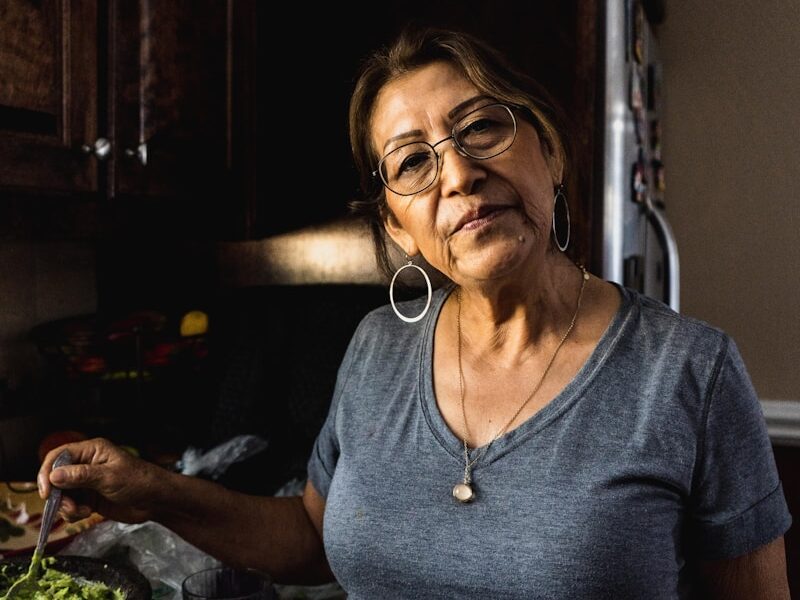
Some people assume immigration always has a dramatic backstory—war, crisis, or escape. While that’s true for some, many people move for education, work, love, or just a change. Not every immigrant wants to share their life journey with a stranger, and having to justify their presence in a new country can feel exhausting.
“Do you like it here?”
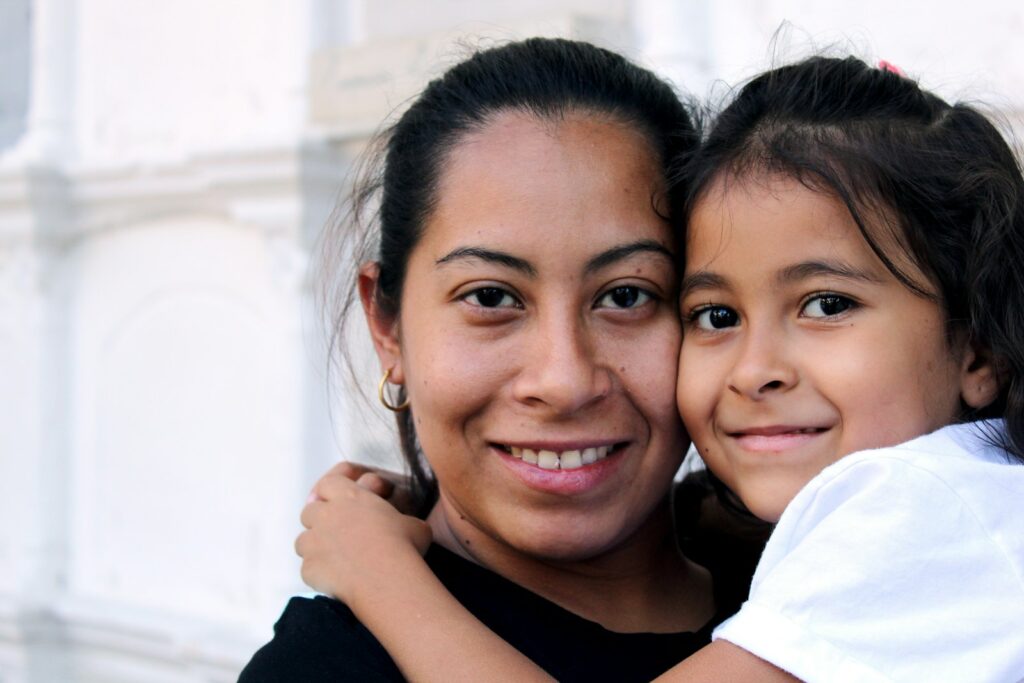
This seems like a harmless question, but it often carries an expectation—especially if asked with a skeptical tone. If an immigrant says “yes,” they may get responses like, “Well, then you should be grateful!” If they express frustration, they risk hearing, “Then why don’t you go back?” It’s a no-win situation.
“Do you speak English?”
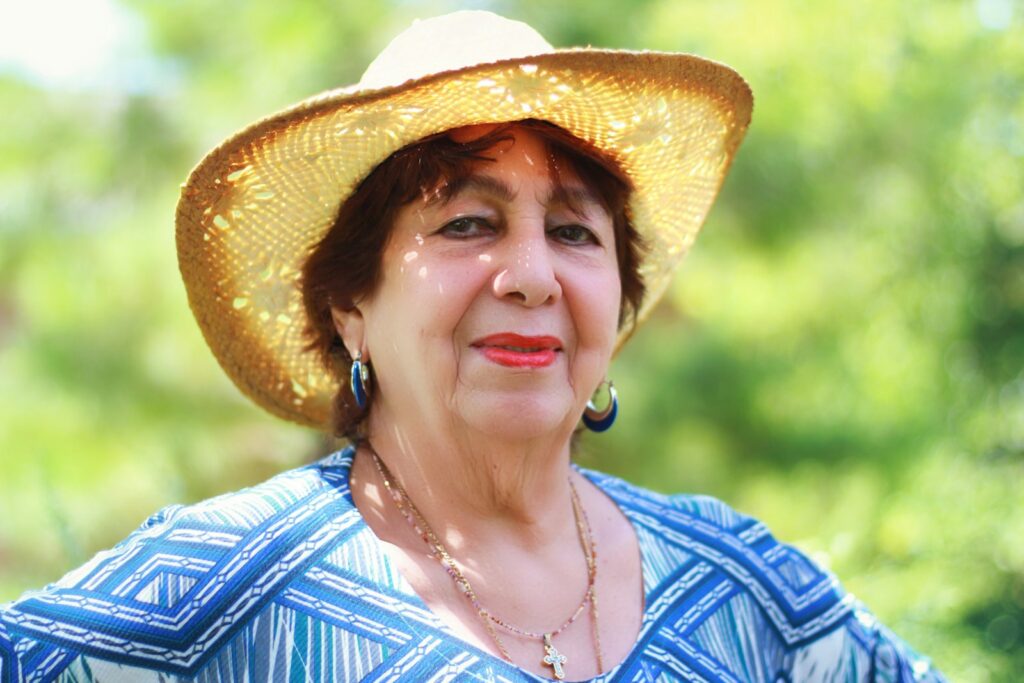
Many immigrants are fluent in multiple languages, but they still get asked this question based on their looks or accents. It can feel condescending as if they don’t belong unless they master the language perfectly. Worse, some people ask this before even giving the person a chance to speak, assuming they won’t understand.
“You don’t have an accent—how did that happen?”

The way people speak changes over time, especially after living in a country for years. Some immigrants work hard to reduce their accents, while others naturally pick up the local way of speaking. Either way, constantly being reminded of how they “sound different” can be tiring, especially when it’s said with surprise.
“Can you teach me some words in your language?”
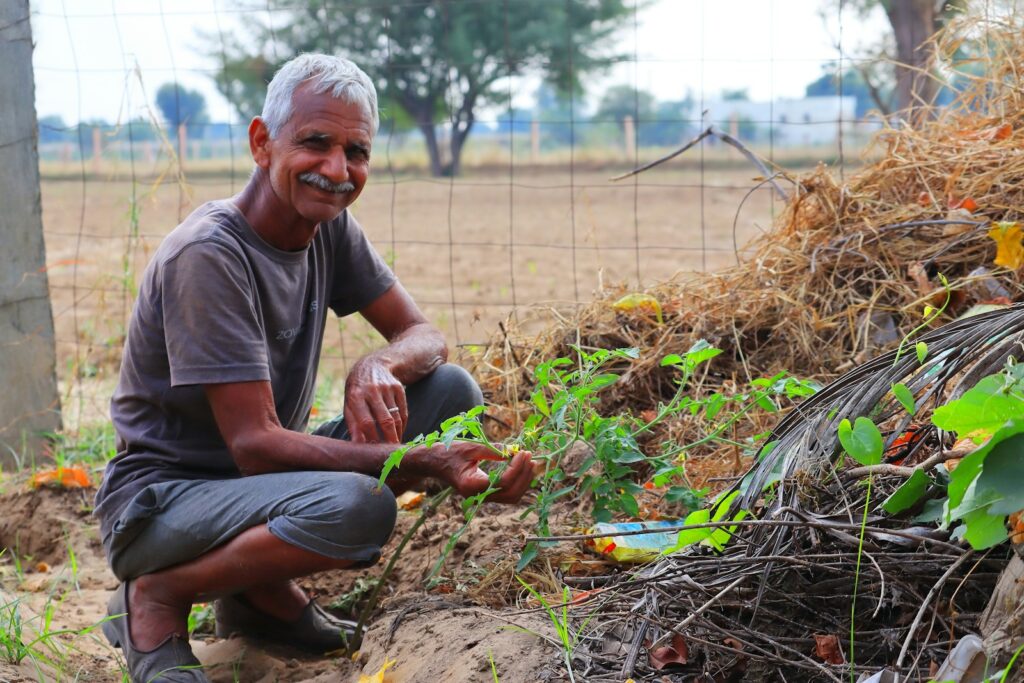
While some people genuinely want to learn, others just want to hear a random phrase for fun, often reducing someone’s language to a party trick. Immigrants are not personal Google Translate services. Language is deeply tied to culture and identity, and being asked to perform on demand can feel trivializing.
“Aren’t you lucky to be here?”

This question assumes that every immigrant’s home country is terrible and that they should be grateful just to exist elsewhere. While some did leave difficult situations, many love their home countries and miss their culture, family, and traditions. Suggesting they should just be “thankful” dismisses the challenges and sacrifices they faced.
“Do you miss your country?”
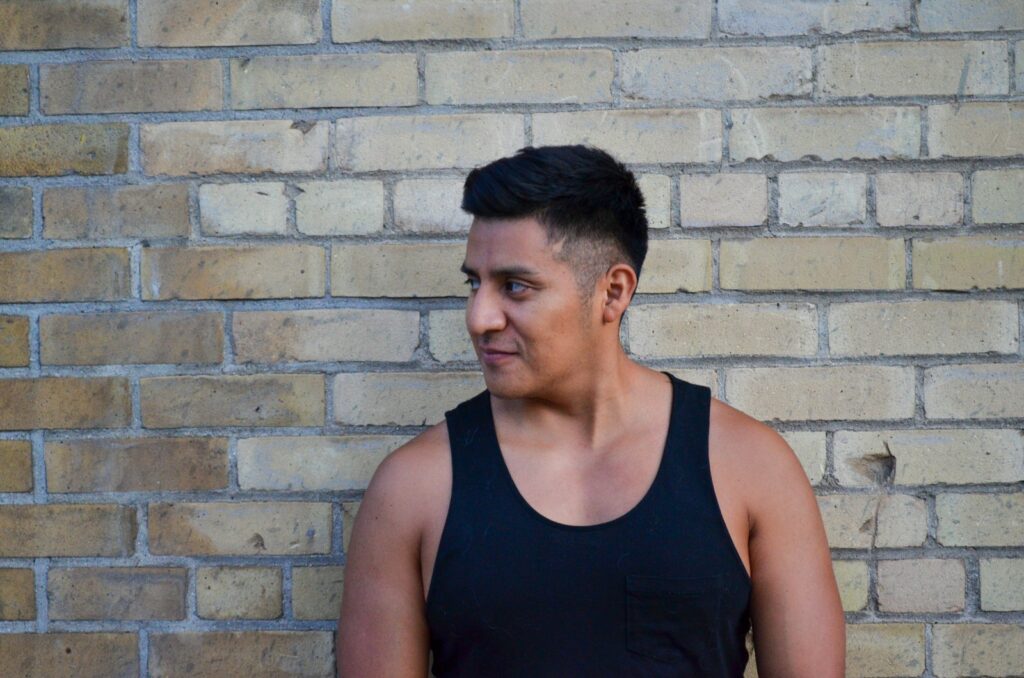
Of course, immigrants miss home! They miss the food, the people, the traditions, and even small, everyday things others wouldn’t understand. This question can feel bittersweet. Yes, they miss home, but they also have chosen to build a life somewhere else. It can be frustrating to constantly be reminded of what they’ve left behind.
“Are you going to stay here forever?”

Some immigrants plan to stay permanently, others don’t. But being constantly asked about it makes them feel like their presence is temporary or conditional. Life is unpredictable, and not everyone has a set timeline. Plus, why should they have to explain their future plans when most locals never get asked the same thing?
“Is it hard to live here?”
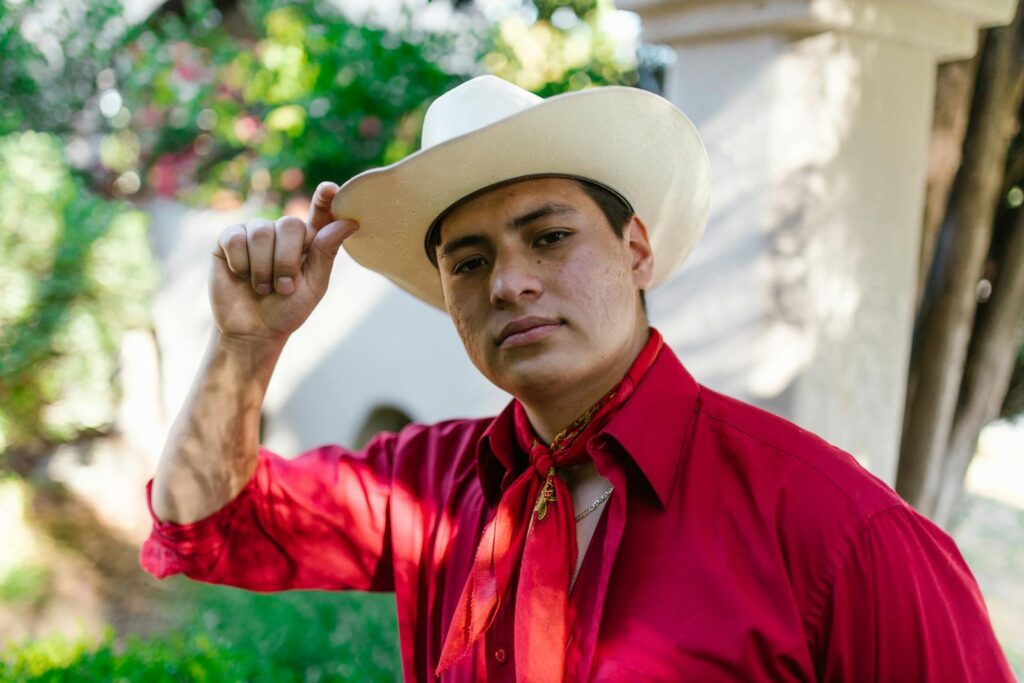
Adjusting to a new country always comes with challenges, such as language barriers, paperwork, and culture shock. However, asking this question can feel like an invitation to complain or justify their struggles. Most immigrants don’t want to be defined by hardships; they just want to live their lives like everyone else without constantly being reminded of the difficulties.
“Do you have the same things in your country?”
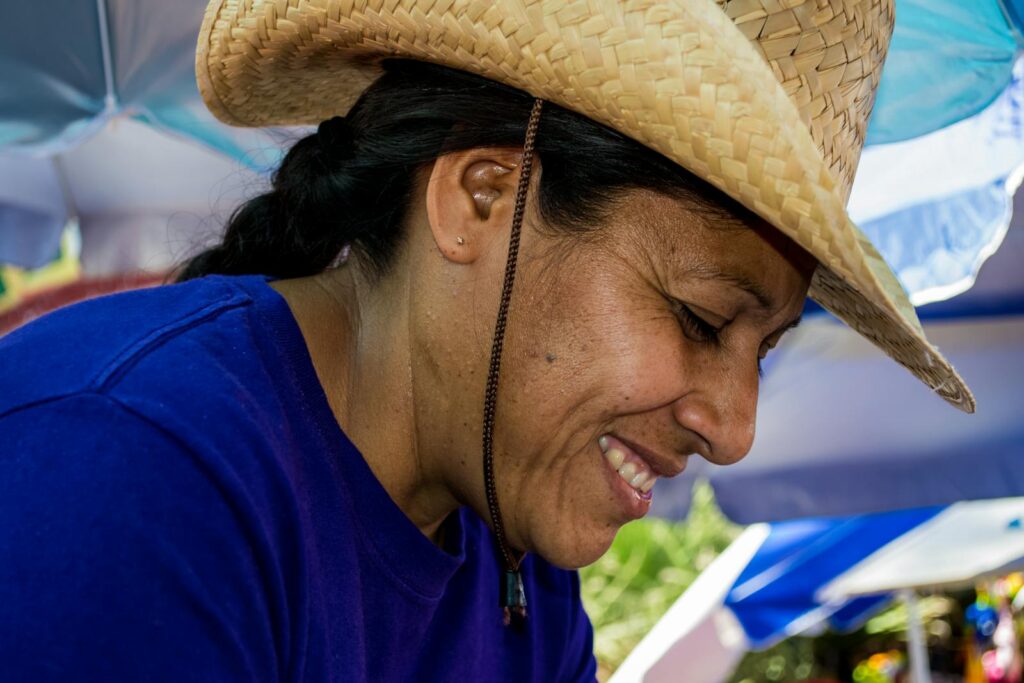
This question often assumes that an immigrant’s home country is outdated, underdeveloped, or completely different from the modern world. Some people are genuinely curious, but others ask it in a way that implies surprise that other countries have normal amenities like malls, cars, or the internet. It can come across as ignorant or even insulting.
“Are you legal?”

This is not only rude but also inappropriate. Immigration status is deeply personal and varies from person to person. Not every immigrant is undocumented, and not every immigrant is a citizen. Asking this question casually, especially in social settings, forces people to justify their existence and can make them feel unwelcome.
“Are you one of those immigrants who take jobs from locals?”

This question is packed with assumptions and often tied to anti-immigrant rhetoric. Immigrants work hard, pay taxes, and contribute to society like everyone else. The idea that they “take” jobs ignores the fact that many work in industries with labor shortages or start businesses that create jobs. It’s a divisive and unfair accusation.
“Why don’t you just go back?”

This is one of the most offensive and dismissive questions an immigrant can hear. It assumes they don’t belong, disregards their reasons for moving, and minimizes the challenges they’ve faced to build a life in a new country. It’s a phrase often used to silence people and make them feel unwelcome.
“Do you still consider yourself [nationality]?”

Identity is complicated for immigrants. Some fully embrace their new nationality, some feel like they exist between two worlds, and others proudly keep their original identity. There’s no single right answer, and asking this question can feel like forcing someone to “choose” between two parts of themselves that they may not want to separate.
